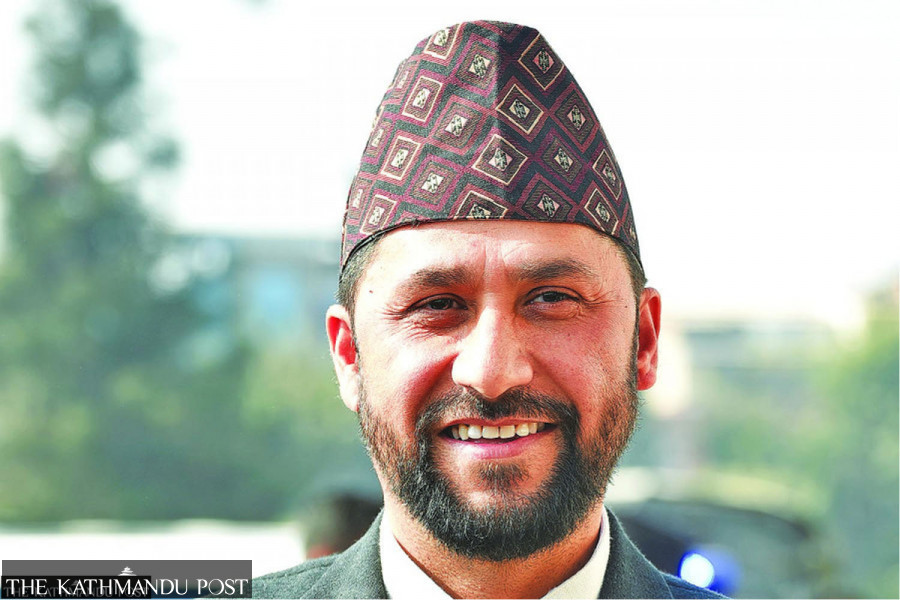Editorial
Rule v Rabi
Questioning the apex court verdict for the benefit of one politician sets a dangerous precedent.
Rabi Lamichhane was allowed to register a political party, stand as a candidate in federal election, take oath as a lawmaker, and then to join the Cabinet—even before he had a valid Nepali citizenship. But the legal process questioning his dual citizenship started only after he was elected with a resounding mandate. This is why, his legions of supporters argue, Lamichhane’s current legal travails are politically motivated. Following the same line of argument, now that Lamichhane has regained a valid Nepali citizenship and been restored as the head of the Rastriya Swatantra Party (RSP), he should duly be reinstated as home minister. In the meantime, in line with the legal requirement for his continuity in the Cabinet beyond six months, he will supposedly win a by-election from his old constituency and return as a lawmaker. Leaders of the Communist Party of Nepal-UML, the senior partner in the current ruling coalition, have added their voice to the chorus of his supporters. They are now openly saying that Lamichhane’s prosecution is part of a conspiracy to dismantle the coalition.
It is irresponsible of an established democratic party like the UML to see conspiracy behind the decision of the country’s top court to strip Lamichhane of his state positions. If a party with UML’s rich political legacy starts trifling with the rule of law, and in a case where there is clear evidence of wrongdoing on the part of the defendant, then Nepali democracy is really in a crisis.
Nor does the argument that a case against Lamichhane was pursued only after he became a powerful lawmaker hold. In fact, media reports questioning his dual citizenship had surfaced much before. It is another thing that the Election Commission allowed him to contest federal elections without properly looking into his background. This is thus a case to be made for investigating the commission as well. But its oversight also cannot be used to undercut the severity of Lamichhane’s crime. Most of the other arguments that are being made in his defense are fallacious too: for instance, why aren’t other senior leaders being investigated for their reported crimes as well? And when countless NRNs hold dual citizenship, why target one person? Again, the lapse of the legal process in one case does not justify a deliberate oversight in another. If it did, then there would be no civilised society.
The basic tenet of a civilised society is that no one is above the law and even if the law is not always fair all the time, it will punish the guilty when there is adequate basis to establish their guilt. Prime Minister Pushpa Kamal Dahal made a grave error by including Lamichhane in his Cabinet before the latter had cleared his name on the citizenship issue. UML chief KP Oli is undermining the rule of law by asking his loyalists in the party to question the apex court verdict and by personally lobbying for the RSP president’s reinstatement as home minister. And in his rush to get back into the government, Rabi Lamichhane, the supposed torchbearer of alternative politics in Nepal, betrays the same kind of lust of power and perks that he once decried. He also clearly does not mind the obvious conflict of interest in presiding over a ministry that is overseeing a police case against him. This is not the kind of alternative politics the country needs right now. This brand of self-serving politics, we are afraid, is old wine in the new bottle of alternative politics.




 10.12°C Kathmandu
10.12°C Kathmandu














